Prime Minister Narendra Modi on Wednesday inaugurated the first phase of the Navi Mumbai International Airport (NMIA), built at a cost of around ₹19,650 crore, marking a historic milestone in India’s aviation sector.
The airport, developed under a Public–Private Partnership (PPP), is India’s largest Greenfield airport project and the second international airport for the Mumbai Metropolitan Region, spanning 1,160 hectares.
After decades of planning and delays, NMIA aims to transform air travel for Mumbaikars, aspiring to global standards like Heathrow and Incheon.
The first phase features one terminal and a 3,700-meter Code F runway, handling 20 million passengers annually, with future capacity expected at 90 million passengers and 3.25 million metric tonnes of cargo per year.
The airport boasts modern facilities, including an Automated People Mover (APM) connecting terminals and landside infrastructure, dedicated storage for Sustainable Aviation Fuel (SAF), solar power generation of 47 MW, EV bus services, and India’s first airport-connected water taxi service.
NMIA received its aerodrome license from the DGCA on September 30, with operations expected to start by December.
PM Modi’s visit to Maharashtra on October 8–9 will also include inaugurating Phase 2B of Mumbai Metro Line-3, connecting Acharya Atre Chowk to Cuffe Parade at an estimated cost of ₹12,200 crore. The fully underground Aqua Line, spanning 33.5 km with 27 stations, will serve around 13 lakh passengers daily, providing seamless access to South Mumbai’s heritage precincts, financial hubs, and key government offices.
Impact Shorts
More ShortsThe launch of the “Mumbai One” integrated mobility app is another key highlight. The app brings together 11 public transport operators, allowing commuters to use a single digital ticket across metro, monorail, suburban rail, and bus services, with real-time journey updates, route alternatives, and safety features.
Skill development and employment initiatives
PM Modi will also inaugurate the Short-Term Employability Program (STEP) by Maharashtra’s Department of Skill, Employment, Entrepreneurship, and Innovation.
STEP will operate across 400 Government ITIs and 150 technical high schools, creating 2,500 training batches, including women-only batches and courses in emerging technologies such as AI, IoT, EV, solar, and additive manufacturing.
The Prime Minister’s visit underscores the government’s focus on modern infrastructure, urban mobility, and skill development, highlighting India’s commitment to building world-class facilities and enhancing commuter and citizen convenience.


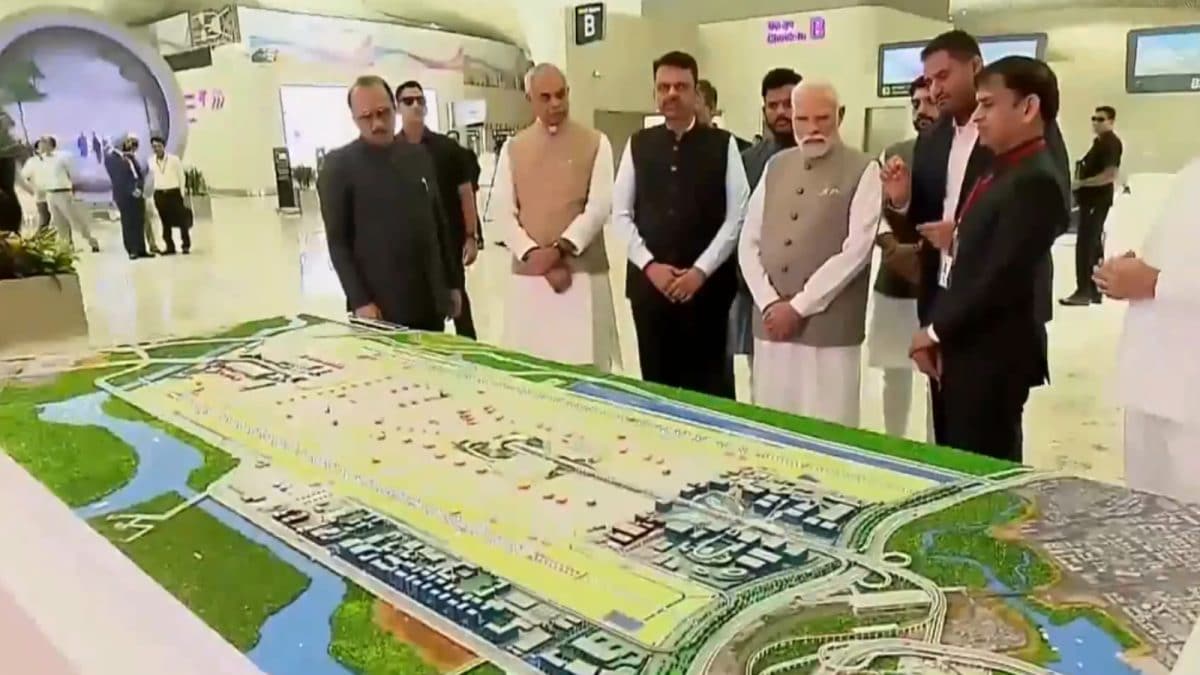)
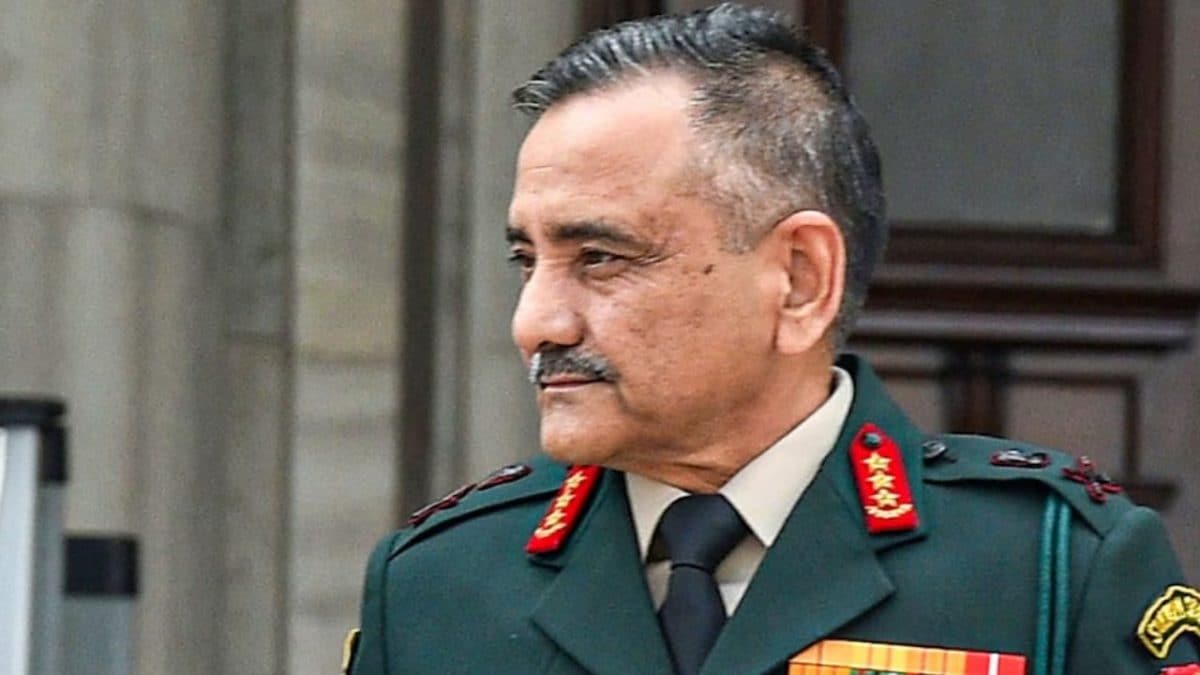
)
)
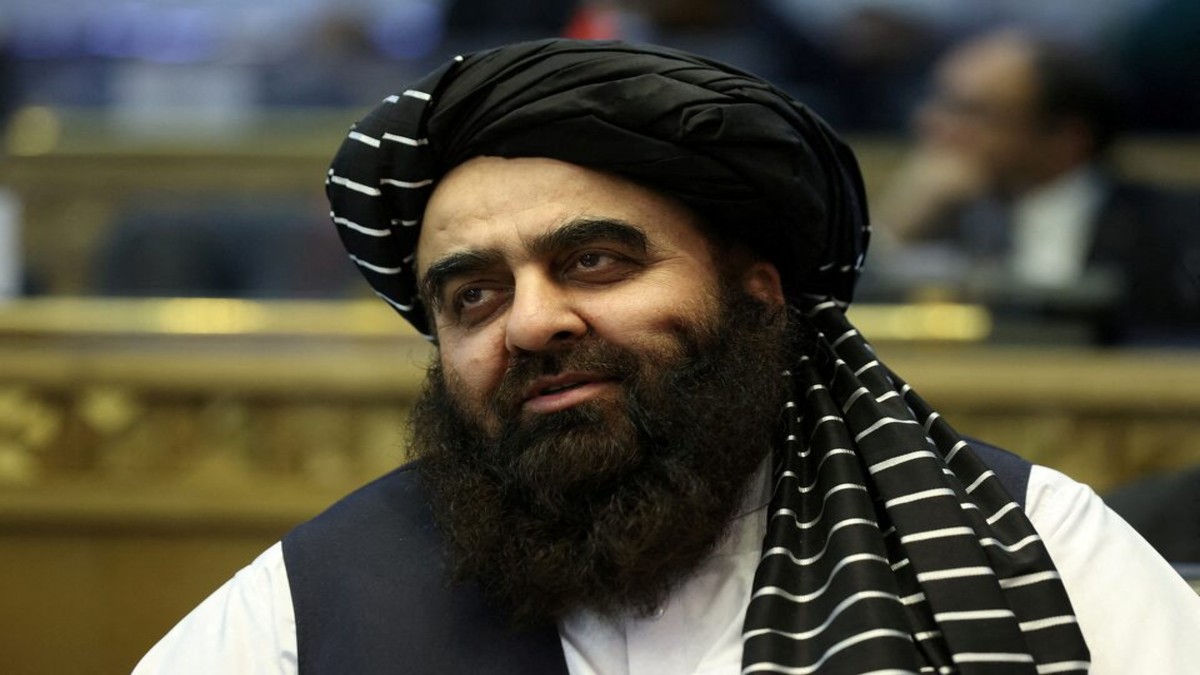)
)
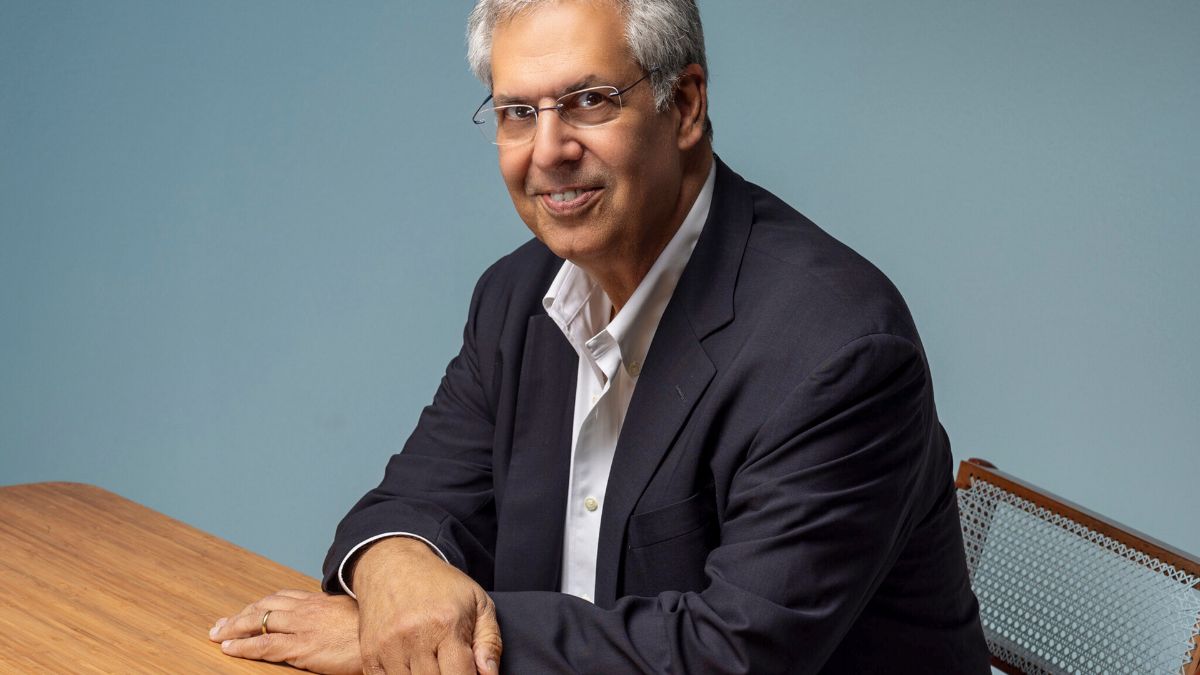)
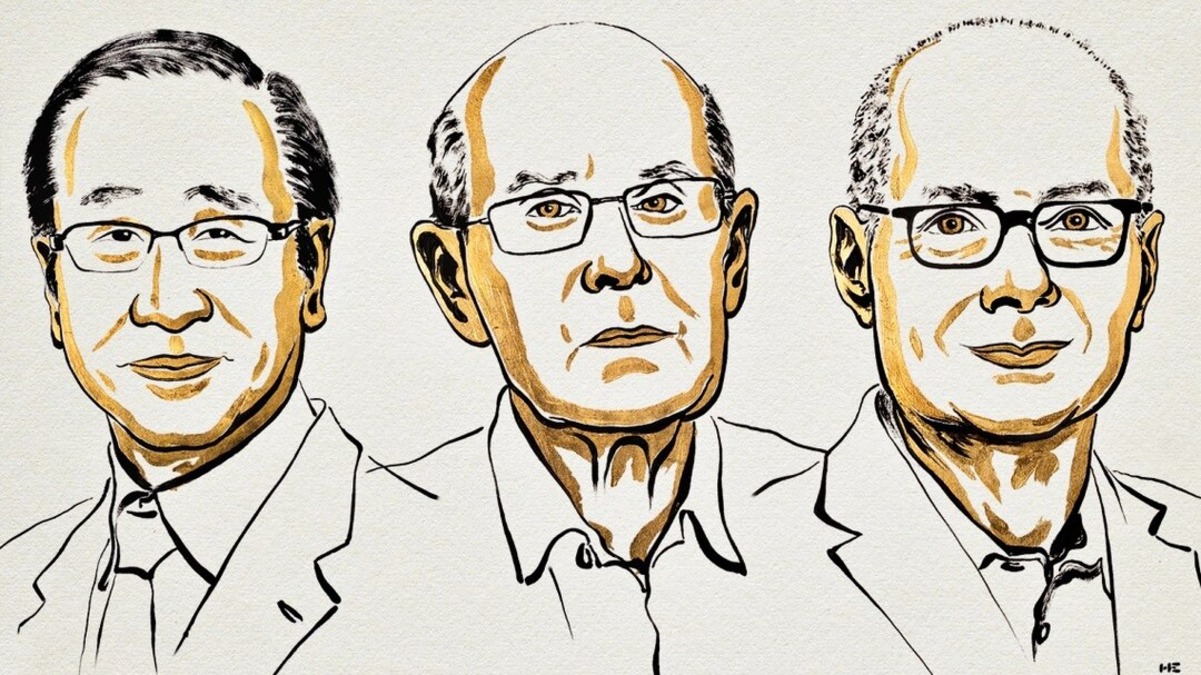)
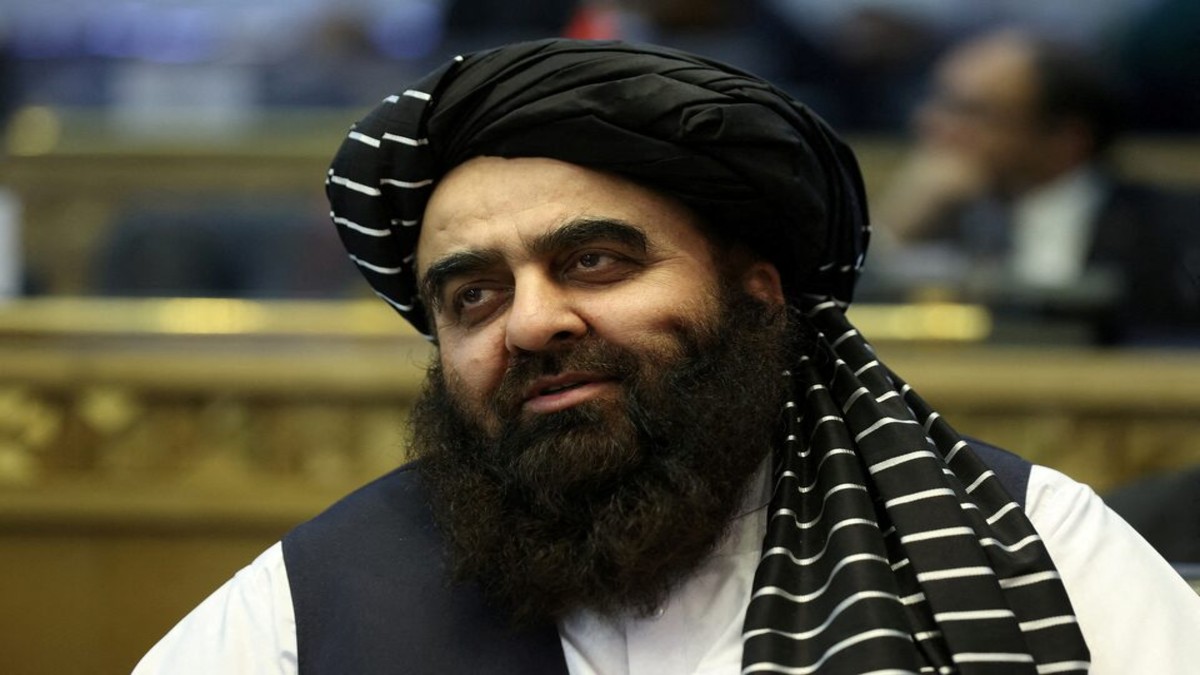)
)



